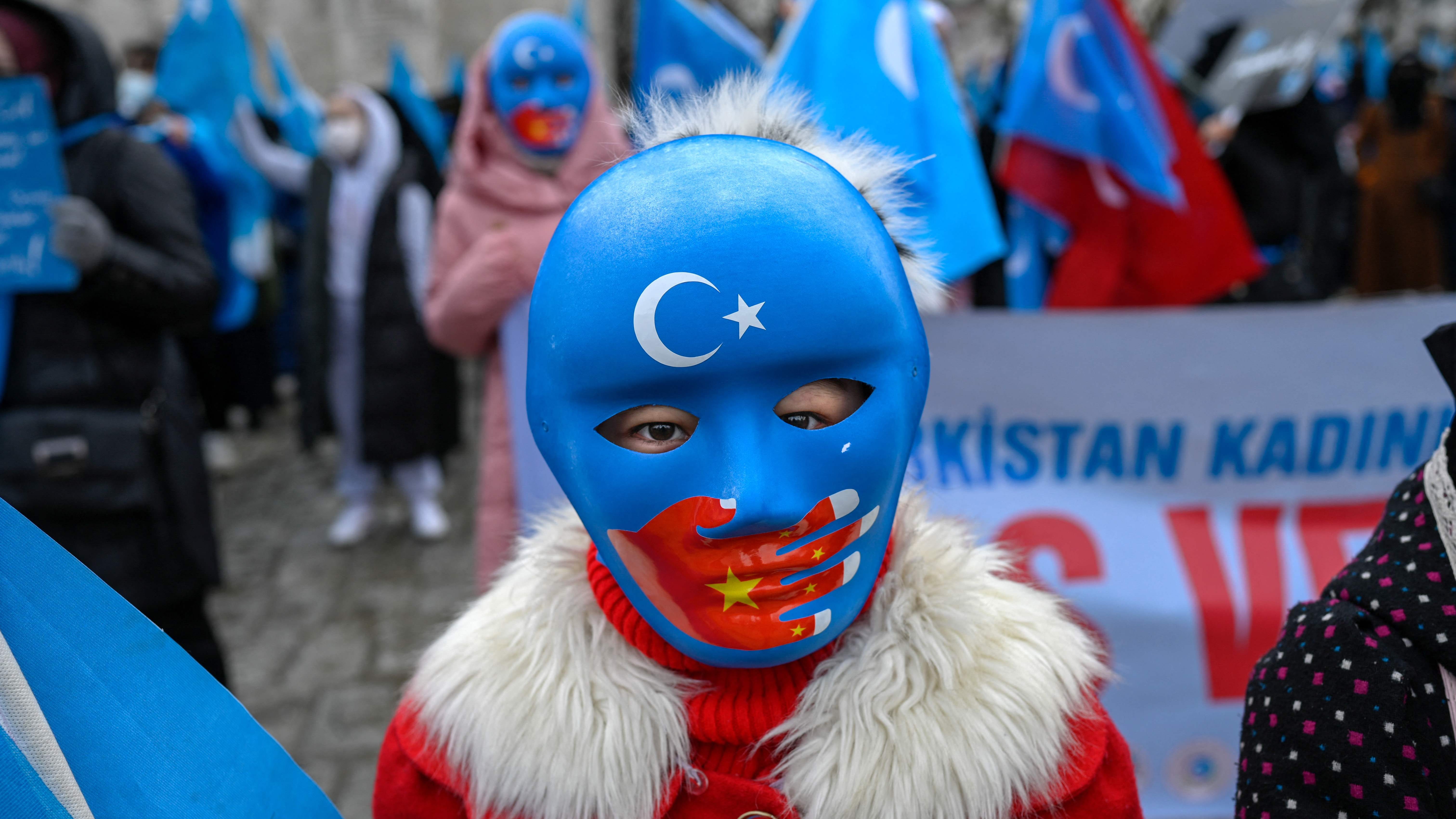
The Uyghurs are a Turkic, mostly Muslim practicing ethnic group primarily living in the Xinjiang region in China. There are an estimated 12 million Uyghurs in this region of China. In 2017 China rolled out a reeducation and detention policy on the Xinjiang region, targeting the Uyghur population. Since 2017, an estimated 1.3 million Uyghurs have been detained. The Simon-Skjodt Center for the Prevention of Genocide has said that China may be committing crimes against humanity with this detainment. There is mass surveillance in this area, with the goal of the government spotting religious engagement and other actions that can result in detention. The alleged crimes committed against them have been forced labor, forced assimilation, and enforced sterilization.
It has been reported that the condition for many of the detainees to gain freedom again is labor with little to no pay, leaving them with little to no other options. There has been evidence cited that factories have been built within and around Uyghur detention camps. There is reason to believe that this is also part of the assimilation project to break apart cultural bonds.
China has established harsh birth limits in the Xinjiang region as well that are punished severely for the breaking of it. On the grounds of high birth rates promoting religious extremism, the Chinese government has also implemented the forced contraception method of IUD on Uyghur women. In leaked government files, the most likely reason a women was detained was breaking of these limits or not accepting the contraception.
As part of the forced assimilation that China is attempting, and under the “United as One” policy, it has moved millions of Han Chinese (the majority group in China) into the region and set to live with the Uyghur families. Forced assimilation is used to erase a people’s culture and identity, but is not considered as genocide or a crime under international law.
All this adds to region where the Uyghur people have little to no human rights and under constant threat and surveillance. It is also hard to get information out of this area and from the Uyghurs because of China’s extensive internet surveillance. Hopefully this will get recognized more internationally and China faces judgement from the international community.
Sources:
Chinese Persecution of the Uyghurs. United States holocaust memorial museum. (n.d.). https://www.ushmm.org/genocide-prevention/countries/china/chinese-persecution-of-the-uyghurs
Regencia, T. (2021, July 14). What you should know about China’s minority Uighurs. Al Jazeera. https://www.aljazeera.com/news/2021/7/8/uighurs-timeline






 a has put many measures in place to try and stop this such as building the world’s largest amount of protected area. They have also spent upwards of 40 billion USD on incentives for people to live on and rebuild the degraded parts of their environment. However at the same time they have had very environmentally harming projects such as the “Belt and Road Initiative” which has lead to deforestation and degrading of the environment to put pipelines and roads across the world. China has pledged that they will make this initiative “green” but it has yet to be seen what this amounts to.
a has put many measures in place to try and stop this such as building the world’s largest amount of protected area. They have also spent upwards of 40 billion USD on incentives for people to live on and rebuild the degraded parts of their environment. However at the same time they have had very environmentally harming projects such as the “Belt and Road Initiative” which has lead to deforestation and degrading of the environment to put pipelines and roads across the world. China has pledged that they will make this initiative “green” but it has yet to be seen what this amounts to.

